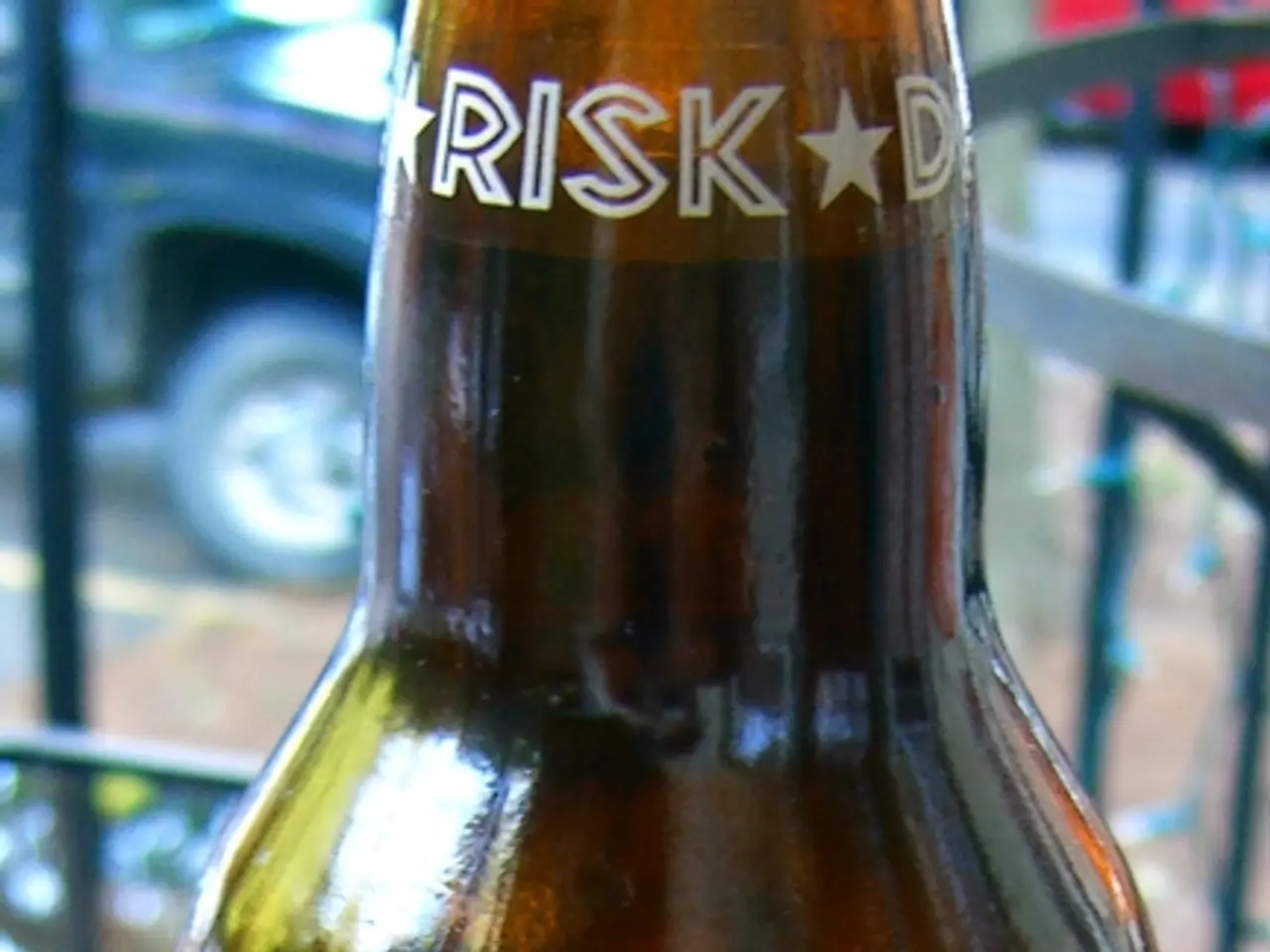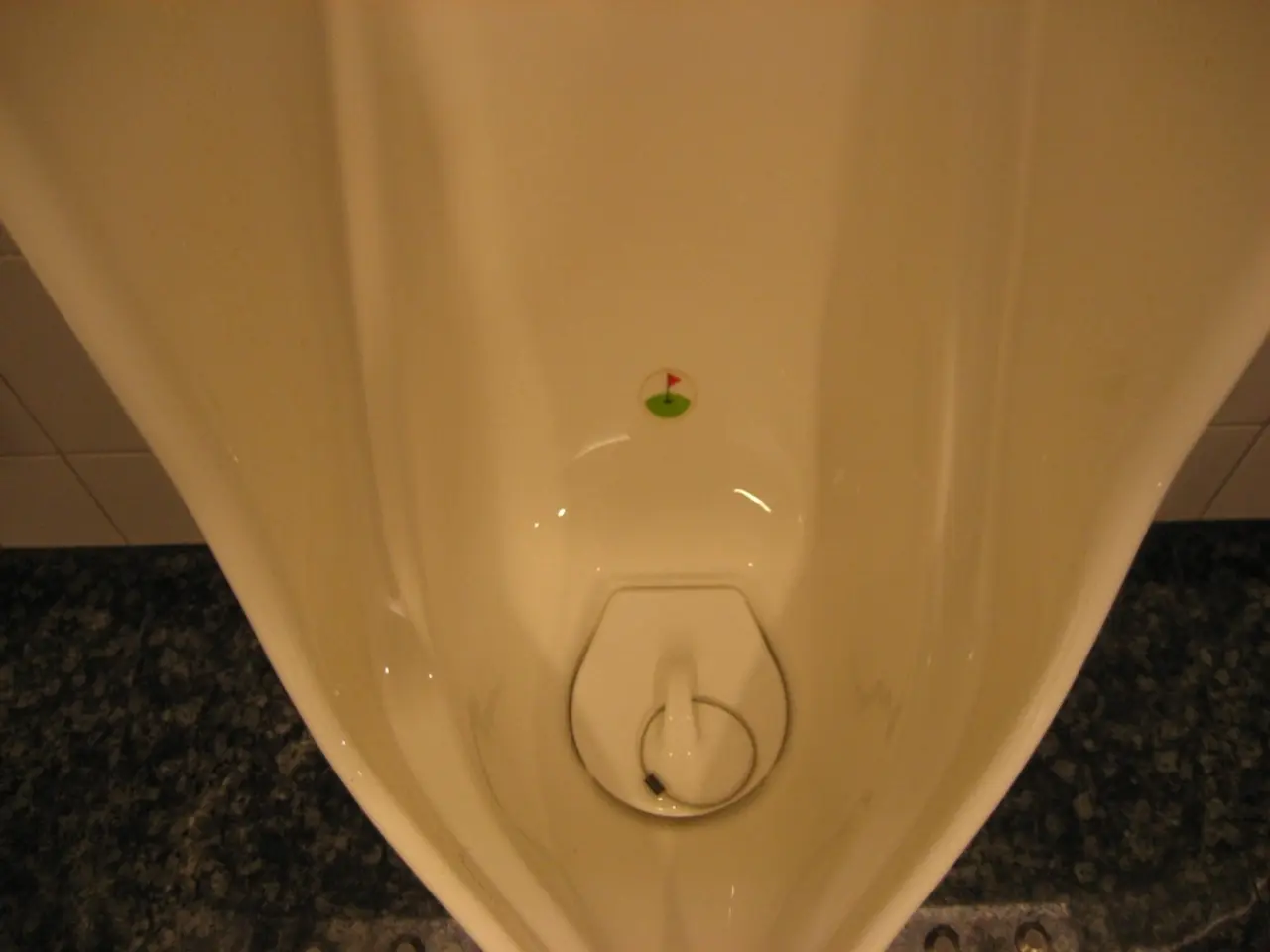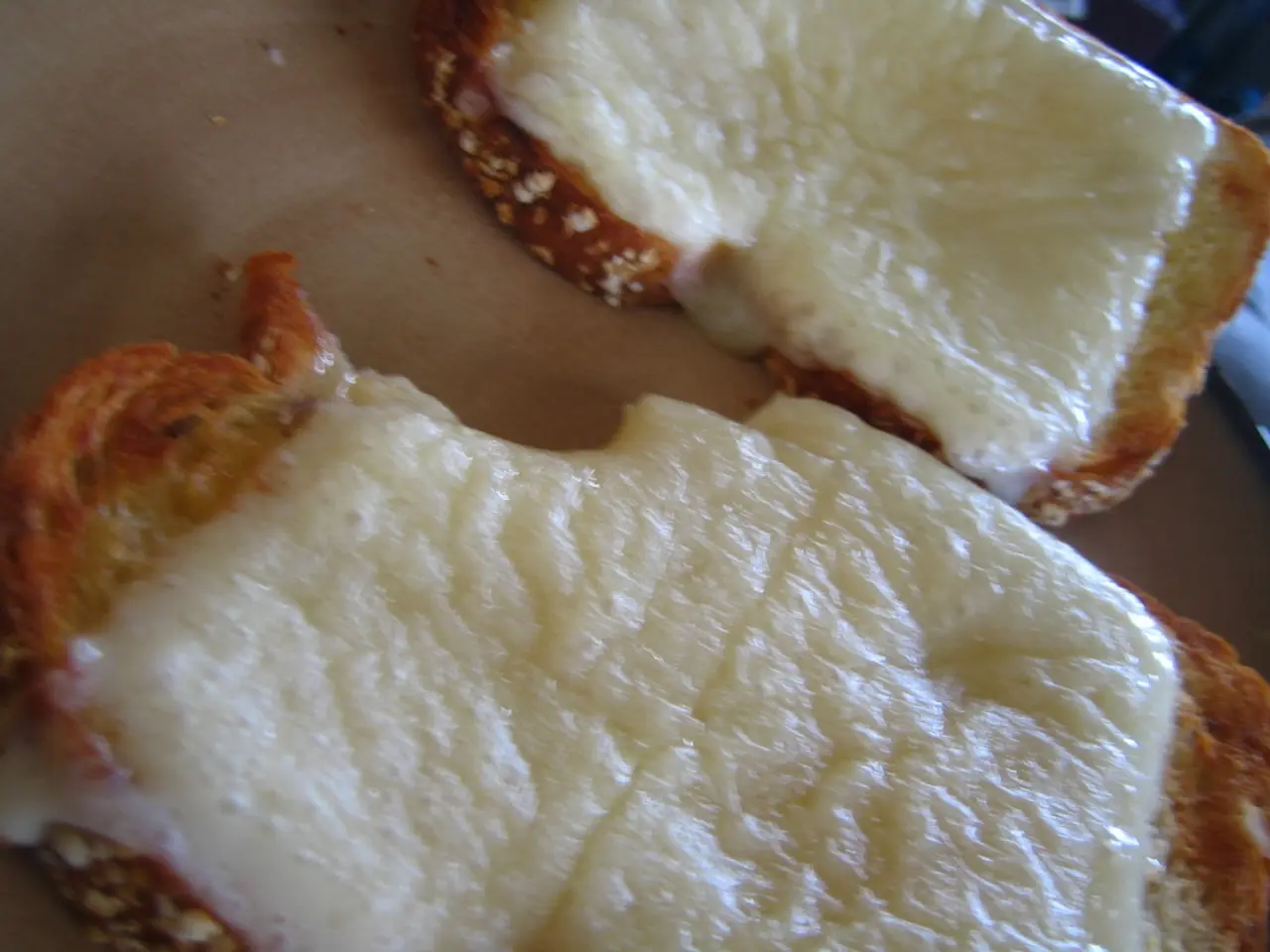Natural Solutions, Understanding Causes and Signs, as well as Home Treatments for Low Blood Pressure
In the battle against low blood pressure, or hypotension, natural remedies and lifestyle adjustments can play a significant role in managing symptoms and improving overall health. Here are some evidence-based approaches to consider:
1. Moderate Salt Intake: Increasing your salt consumption can help raise blood pressure gently. This can be achieved by consuming salty foods or drinking salt water, but it's essential to remember that moderation is key to avoid potential health risks.
2. Hydration: Drinking enough fluids is crucial for maintaining blood volume and pressure. Staying hydrated can provide relief for those experiencing low blood pressure symptoms.
3. Mild Stimulants: Beverages like coffee or green tea contain caffeine, which temporarily raises blood pressure by stimulating the cardiovascular system. Moderate consumption may alleviate symptoms of low blood pressure.
4. Herbal Remedies: Ginseng tea and holy basil (Tulsi) are herbs known for their stimulating properties and can help raise blood pressure. However, it's important to consume these in moderation to avoid excessive increases.
5. Fruits: Eating fruits like dates, grapes, and melon can support blood pressure elevation naturally.
6. Lifestyle Adjustments: Eating smaller, more frequent meals throughout the day, avoiding excessive alcohol consumption, and engaging in lower body strength training and moderate exercise may also benefit those with low blood pressure.
7. Seeking Medical Advice: It's crucial to consult with a healthcare provider to monitor symptoms and ensure the safety and effectiveness of any natural remedies. They can also help diagnose and treat any underlying health conditions that may be causing low blood pressure.
Remember, these natural remedies are complementary to, not a replacement for, medical advice and treatment. Low blood pressure can lead to serious consequences like shock, stroke, heart attack, kidney failure, and more if left unchecked.
In addition, lifestyle changes such as raising the head while sleeping, avoiding sudden position changes, and wearing compression stockings can help manage low blood pressure symptoms. If you're unsure about your condition, always consult a healthcare professional.
Symptoms of low blood pressure include dizziness, fainting, inability to concentrate, blurry or distorted vision, nausea, fatigue, and more. If you experience any of these symptoms, it's important to seek medical attention promptly.
In conclusion, while natural remedies for low blood pressure do not require medications or medical interventions, it's essential to approach them with caution and always consult with a healthcare professional for personalised advice.
- Incorporating moderate consumption of stimulating herbs like ginseng tea and holy basil, known for their effects on blood pressure, might aid in alleviating symptoms of low blood pressure, but remember to use them in moderation to avoid excessive increases.
- Consuming fresher fruits, such as dates, grapes, and melon, can provide natural support for elevating blood pressure.
- By adopting a balanced diet with smaller, more frequent meals spread throughout the day, and engaging in lower body strength training exercises and moderate physical activity, you might experience improved management of low blood pressure symptoms.
- Hypertension patients should be cautious when considering natural remedies like salt water and drinks containing mild stimulants, such as coffee or green tea, as they could aggravate the condition if not consumed in moderation.
- For individuals suffering from depression, obesity, or hypertension, it's crucial to consult with a medical professional to evaluate whether these health-and-wellness conditions are contributing to their low blood pressure, and explore predictive approaches for managing them holistically based on medical science findings.




